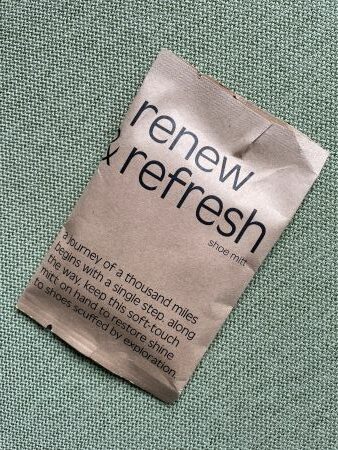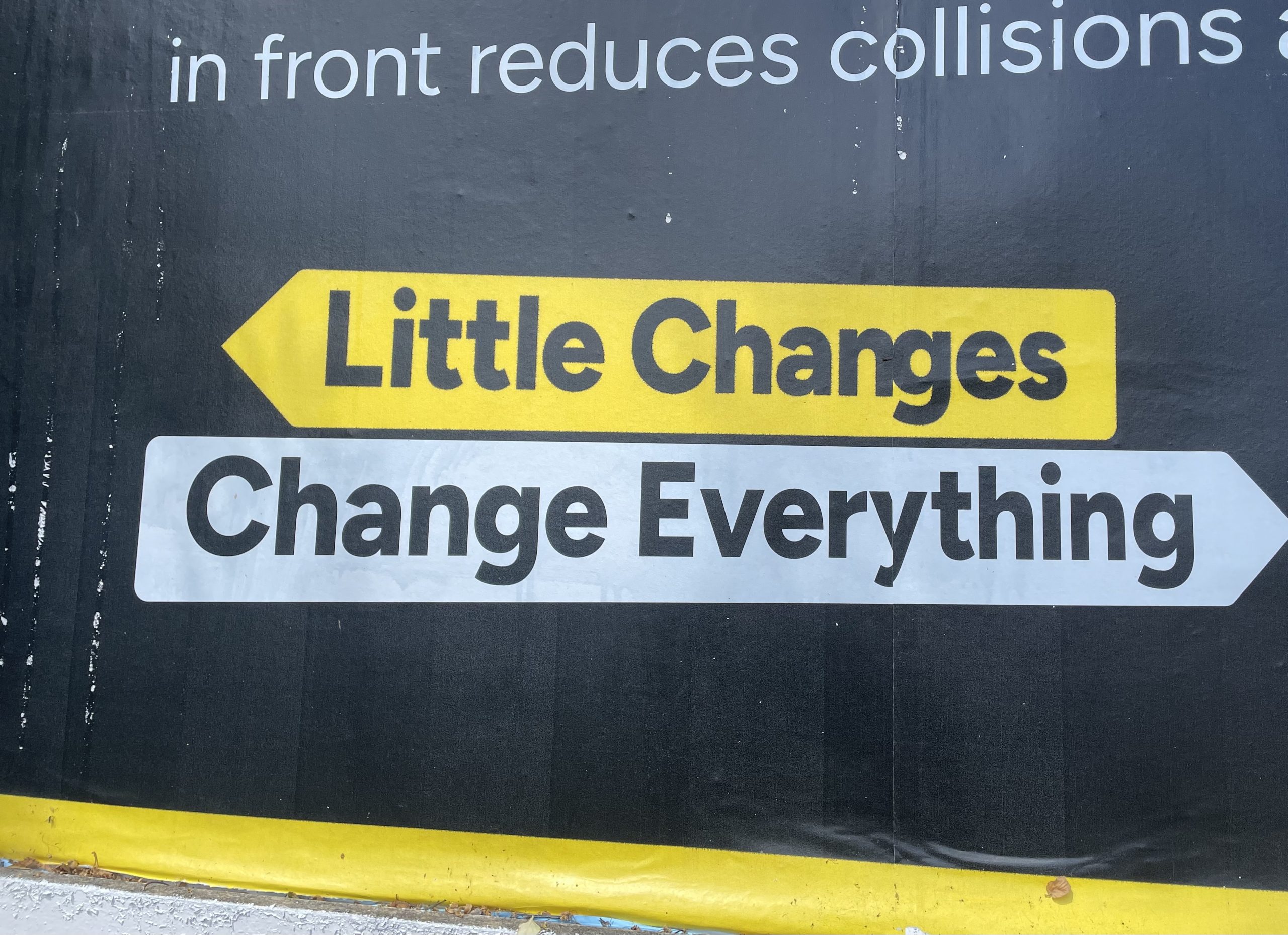…It’s Called Being Human
“Good, better, best,
St Jerome c.AD 347
May they never rest,
Until the good is better,
And the better best.”
An interesting quote and we’ll come back to it in a minute, and possibly bind it to motor racing.

So many people have perfect lives. They live in perfect homes with perfect partners and have perfect children. We see evidence of perfection which is pushed by “influencers” (who are also perfect) and marketers of products who know what perfect looks like and try to sell it, perfection, to you.
Then, there is the army of people who are living an obviously perfect life and telling us all about it on TikTok, Facebook, X and other social media platforms. We are surrounded by perfect people and we feel sad, inadequate and that we’re failing because we do not seem to be able to keep up with the Perfect People.
Can we escape this pursuit of perfection in the face of so much pressure to be…well, perfect?
Firstly, the people who are selling and or presuming to be living the perfect are all deluded. They are far from perfect and they will never achieve it. It is time to stop believing in perfection or anything close to it. We need to change the compass bearing, adjust direction and look at other ideas.
The time to do this is now.
Today!
A very small shift in our own perception of perfection really can help here. The pursuit of apparent perfection is only ever going to be flawed – and therefore disappointing – because there will always be the Plus One factor. Perfection is like infinity; you’ll never arrive there as there is always the plus one that keeps infinity – like perfection – permanently out of reach. And that’s no bad thing. Furthermore, who, after all, is the judge of what is perfect anyway?

We’re humans, we’re not perfect, we’re messy and we should all accept that. Imperfection is very helpful to humankind because it drives imagination, curiosity, improvement, experimentation, innovation and creativity. These are all quintessential human traits. It drives us to keep on striving and thriving. Perfection is unobtainable but, in reality, good – or our best – is just fine.
Imperfection then, is the incentivising parent of continuous improvement. Let’s celebrate that!
So, with the above in mind, what should we strive for and how should we strive for it?
If we revisit at the quote from St Jerome at the top of the article, which he recorded 1,700 years ago, we can see that he was trying to get us to embrace the notion of excellence and not perfection. The quote, like St Jerome’s wisdom, is enduring and clearly is still relevant today. We want to do our best and be the best that we can be.
This is more about effort than attainment.
Let’s stand back from ourselves and take a moment to reflect here. Continuous improvement is about conceiving, designing and taking small steps.
A sustainable performance improvement of a single one thousandth of a second, in the heady world of Formula 1, would be considered a positive step forward and a worthy and remarkable improvement. An excellent achievement even.

As we stand back and as we reflect, we will identify multiple areas of your lives where we would either like or need to make changes to improve our efforts in one domain or another. Perfection should simply be rejected as a false idol.
We’re looking for personal excellence now.
A constructive approach to a self-driven but guided journey towards personal excellence, through problem solving, small change and greater resilience, can be via the use of a specially developed app called the NoWorriesApp. This free to download app enables the individual user to take themselves on a journey that allows them to consider and record, in complete privacy and with complete security, the preeminent concerns and worries they experience.

Aspects of an individual’s messy behaviour, the day-to-day disorder that affects us all, can be captured and the users starts to identify strategies, personal to them, to make achievable micro changes that can be translated into mini steps forward; progressively moving us up through the life satisfaction stack. Nobody lives at 100% Happiness, 65% is good, it’s good enough and recognising this helps the focus to shift to gratitude for the things we do have.
It is absolutely essential here to point out that what we record in the NoWorriesApp is not a list of things we think we do badly. That’s not the point. The mission is to continue to do what we do but perhaps with a little personal growth.
When we achieve this, we become more resilient, we feel better about ourselves and we can track how well we are doing, using a unique Happiness Tracker on the app, that tells us we’re heading towards not perfection but the motivating direction of personal excellence.

So, even after 1,700 years, we can reflect on the thoughts of St Jerome; perfection has no place and is of little use to us – both then and now – but personal excellence and growth really does.
References
- St Jerome – Britannica
- Infinity – Merriam Webster, Cambridge Dictionary & The OED ll Edition
- The problem with perfection – Psychology Today, UK
- Formula 1 – Cambridge Network, UK
- NoWorriesApp – NoWorriesApp.com
Learn more at NoWorriesApp.com
Copyright and all photos property of NoWorriesApp.com





